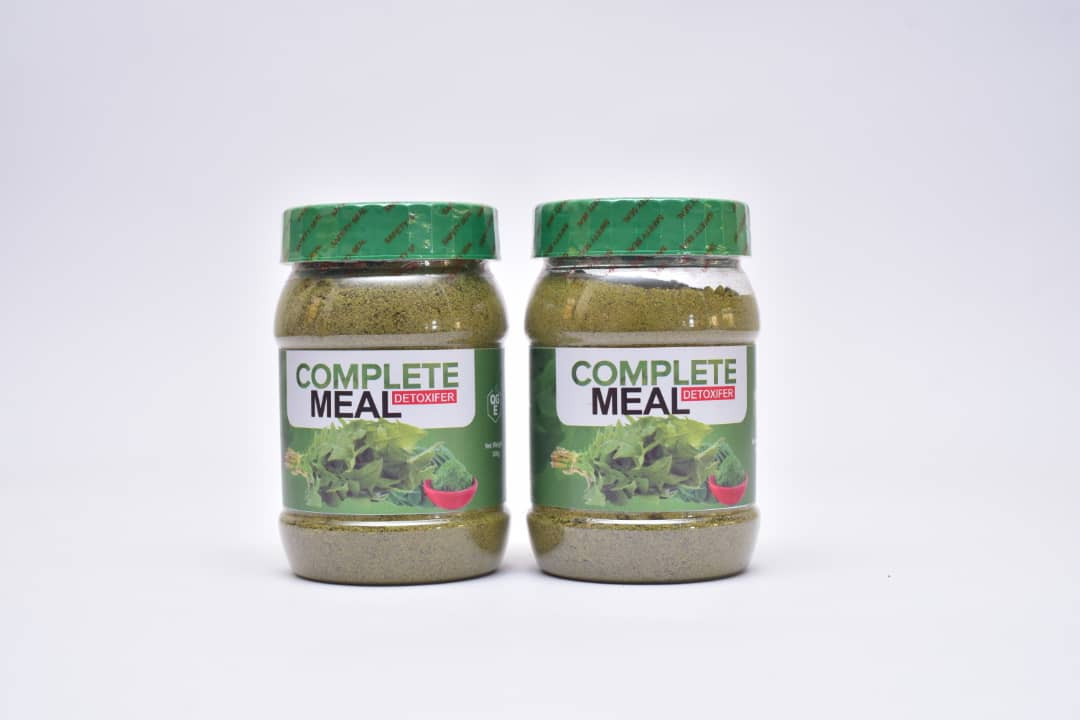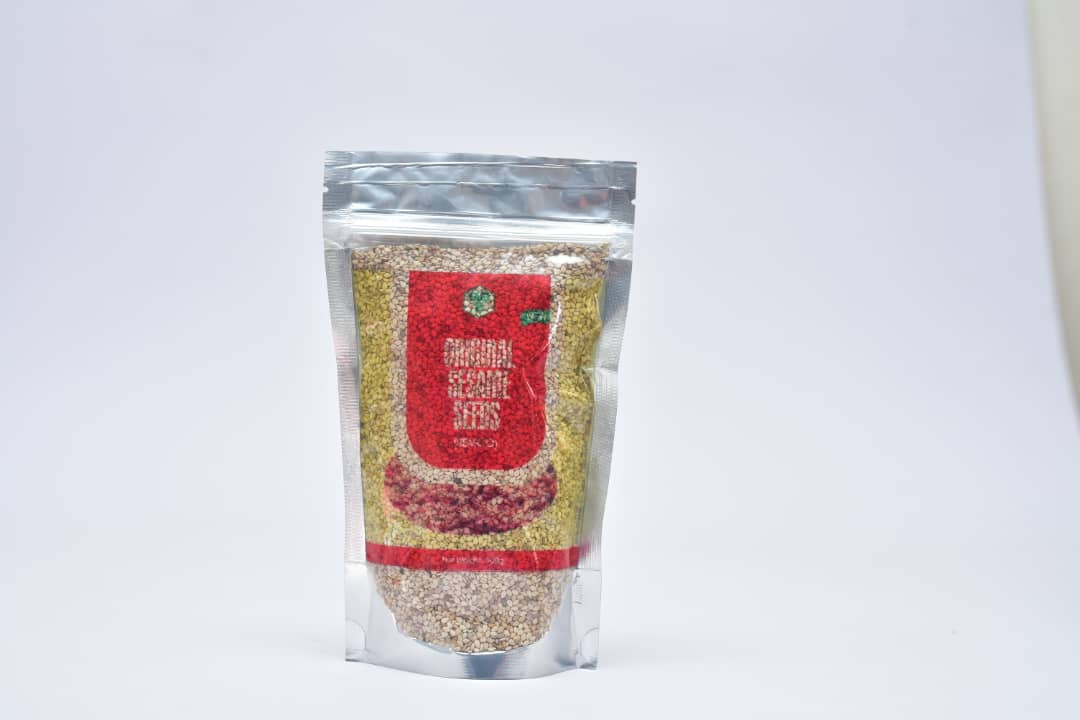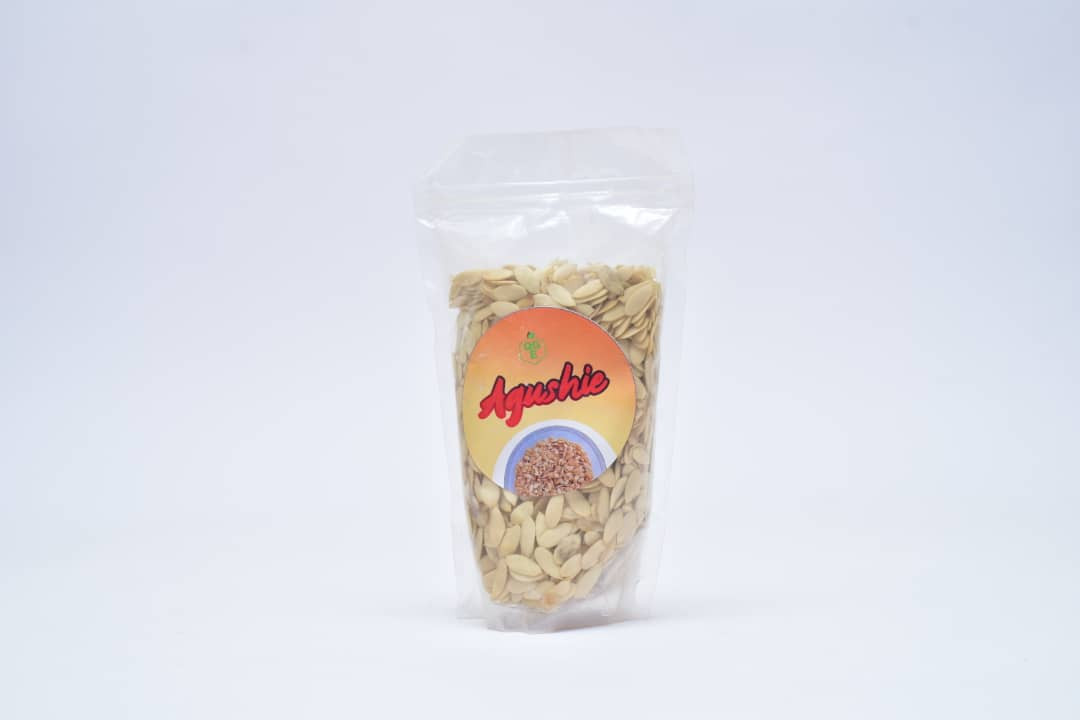

Dawadawa Powder 200g
| Min QTY | Max QTY | Unit price |
|---|---|---|
| 10 | 100 | GHS22.00 |
-
GHS16.00
-
GHS35.00
-
GHS12.00
-
GHS30.00
-
GHS15.00
-
GHS25.00
Reviews & Ratings
- What is it?
Dawadawa comes from the African locust bean, a tree in the Fabaceae family. The name is from Nigeria where it is also popularly known as sumbala or sikomu. Harvesting seeds from the African locust bean to crush, ferment, and turn them into dawadawa has been an important economic, culinary, and medicinal tradition for several hundred years in that region, with evidence of its use as far back as the 14th century.
As for how dawadawa is made, the African locust bean’s seeds are extracted from its sweet, yellow pulp and boiled. They are then pounded, dried, and cleaned. Then they are boiled again, this time to create a sticky, fermented mixture. This mixture can be formed into balls or cakes, added to soups or stews, or of course made into powder, which is what Goldleaf has to offer. Take advantage, because while popular in West Africa, dawadawa is difficult to find elsewhere!
- How should I use it?
Typically, dawadawa serves as a seasoning in dishes like stews, curries, and rice dishes. Often, it is used with okra, seafood, and spinach or other greens. It pairs well with beef, lamb, and chicken as well as spices like cinnamon, garlic, and ginger. Some compare its taste to umami flavors common in Japanese ramen: rich in soy, tomato, and mushrooms.
- Facts and info
Nutritionally, African locust bean tree seeds contain significant amounts of calcium, fats, and protein. They are also a source of vitamin C, phosphorus, and potassium. Bark from the trees has been used in Africa to soothe toothache and speed up healing processes. The trees have even been shown by agronomy studies to benefit the growth and production of other plants growing near them.
Frequently Bought Products
Product Queries (0)
Login Or Registerto submit your questions to seller
Other Questions
No none asked to seller yet
-
GHS16.00
-
GHS35.00
-
GHS12.00
-
GHS30.00
-
GHS15.00
-
GHS25.00








